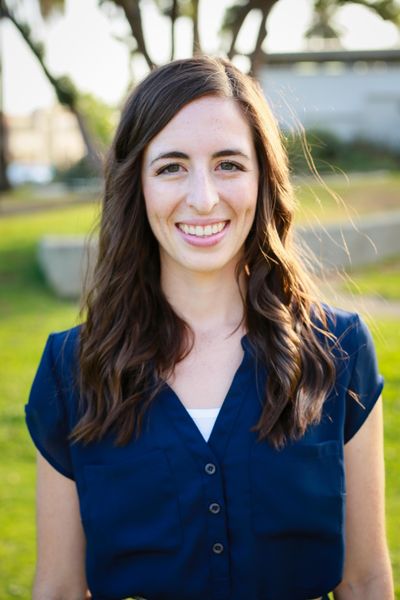Documentary examines the need for diversity in bone marrow donations

Vanessa Shafer of Liberty Lake had a life-saving medical procedure in July 2017 thanks to a donor who lives nearly 3,000 miles away in Boston.
Shafer, 29, received stem cells for leukemia treatment through a national marrow donor program, and she is now cancer free. Her donor, a 25-year-old woman, almost forgot she signed up for the Be The Match.org online registry program about three years before getting a call.
However, that donor stepped forward. Shafer said one reason why their match worked so well is that she and the woman in Boston are both Hispanic. She’ll give a talk about the crucial need to have more people of different ethnic backgrounds register as donors at an event Saturday that will show the documentary “Mixed Match.”
“We’re trying to speak on why we need everyone on the registry, and the movie talks about the need for racial diversity,” she said. “Your match will have the same genetic background as you. I’m Hispanic, and my donor is also Hispanic.
“There is not a lot of racial diversity on the registry, so people are dying because they’re not finding their match.”
Shafer said her procedure wasn’t actually a bone marrow transplant. Although people register for the National Marrow Donor Program, donations involve bone marrow only about 20 percent of the time. Most often, the donor receives an injection to stimulate natural production of stem cells that in turn move into the bloodstream, she said.
“With the body’s natural production of stem cells, there is so much of the stem cells, they spill into the blood, then they take blood from donor, spin the blood and are able to pull out the stems cells,” Shafer said.
It’s those extra stems cells from the blood that are given to a recipient. Her donor told her that she spent only a total of about six hours, including one hour on the phone to answer health questions, a few doctor appointments, and the actual procedure at the hospital. Donors aren’t charged anything because all costs are covered by Be the Match, Shafer said.
She said after the movie is shown in Liberty Lake, volunteers will explain how people can register. Registrations are done online, and people receive a medical kit in the mail with a swab to rub on the inside of a cheek to return.
Shafer hopes to take her family to visit her donor soon. She is the mother of three and recently returned to college.
“We’ve messaged each other and done texting,” Shafer said. “It’s all in the plan to have all my family together and see each other in person.”